National Assembly Chairman Tran Thanh Man signed to certify Resolution No. 245/2025/QH15 on the state budget estimate for 2026.
The National Assembly resolved that the state budget revenue is 2,529,467 billion VND, of which the central budget revenue is 1,225,356 billion VND and the local budget revenue is 1,304,111 billion VND.
Use 23,839 billion VND of the local budget's salary reform fund by the end of 2025, with the remaining balance transferred to the local budget for 2026, to implement the basic salary of 2.34 million VND/month.
Total state budget expenditure is 3,159,106 billion VND, of which central budget expenditure is 1,809,056 billion VND, including an estimate of 238,421 billion VND to supplement local budget balance, an estimate of 187,175 billion VND for targeted supplement to local budget, and an estimate of 53,554 billion VND for localities to ensure the implementation of the basic salary level of 2.34 million VND/month.
Local budget expenditure is 1,350,050 billion VND, excluding expenditure from targeted supplementary sources, balanced supplementary sources, and supplementary sources to ensure basic salary of 2.34 million VND/month.
The state budget deficit is 605,800 billion VND, equivalent to 4.2% of gross domestic product (GDP), including: Central budget deficit is 583,700 billion VND, equivalent to 4% of GDP; Local budget deficit is 22,100 billion VND, equivalent to 0.2% of GDP.
The total mobilization demand of the state budget is 985,784 billion VND.
Regarding the management of the state budget in 2025, the Government directed to review the use of central budget funds assigned to ministries, central and local agencies to implement policies and regimes for cadres, civil servants, public employees, workers and armed forces in the implementation of the organizational arrangement of the political system, and by the end of 2025, if not fully used, to recover and return the accumulated salary reform funds of the central budget.
The National Assembly allows the use of the 2025 state budget's regular expenditure savings (including: 10% savings of the state budget's regular expenditure allocated in early 2025, increasing compared to the estimate allocated in early 2024; an additional 10% savings of the state budget's regular expenditure in the last 7 months of 2025) to build primary and secondary boarding schools in the land border communes. The Prime Minister is assigned to allocate this capital source when the allocation conditions are met according to the provisions of law.
The National Assembly allows the transfer of the 2024 central budget revenue increase and the 2025 state budget regular expenditure savings to build primary and secondary boarding schools in land border communes that have not been fully used in 2025 to 2026 for continued implementation.
Regarding the implementation of wage and social policies, the Resolution clearly states: Ministries, central agencies and localities continue to implement solutions to create sources for wage policy reform according to regulations. In 2026, continue to exclude a number of revenue items when calculating the increase in local budget revenue compared to the estimate for wage policy reform, including: One-time land rent collected in advance by investors for compensation, support and resettlement; revenue from handling public assets at agencies, organizations and units decided by competent authorities to be used for investment expenditure according to regulations; revenue from protection and development of rice-growing land; fees for visiting relic sites and world heritage sites; fees for using infrastructure works, service works and public utilities in border gate areas; environmental protection fees for wastewater; revenue from public land funds, revenue from profits and public assets at communes and revenue from renting and selling state-owned houses.
The National Assembly allows the expansion of the scope of using the central budget's salary reform accumulation fund to adjust pensions, social insurance benefits, monthly allowances, preferential allowances for meritorious people and streamlining the payroll; allows the use of local budget's salary reform fund to implement social security policies issued by the Central Government and streamline the payroll.
The National Assembly assigned the Government to review the budget for savings in regular operating support expenses (salary and operating expenses as prescribed by law) due to streamlining the payroll and reorganizing the apparatus to implement the 2-level local government model; allowing localities to use this savings to supplement the local budget's salary reform resources.
From 2026, the Government will proactively use accumulated resources for salary reform to ensure the implementation of salary, allowance and income regimes according to regulations./.
Source: https://www.vietnamplus.vn/nghi-quyet-cua-quoc-hoi-ve-du-toan-ngan-sach-nha-nuoc-nam-2026-post1079043.vnp



![[Photo] Opening of the 28th Session of the Hanoi People's Council](/_next/image?url=https%3A%2F%2Fvphoto.vietnam.vn%2Fthumb%2F1200x675%2Fvietnam%2Fresource%2FIMAGE%2F2025%2F11%2F26%2F1764154241564_hoi-dong-nhan-dan-tp-ha-noi-1349-6913-jpg.webp&w=3840&q=75)

![[Photo] Close-up of heavy damage at the school located on the banks of the Ban Thach River](/_next/image?url=https%3A%2F%2Fvphoto.vietnam.vn%2Fthumb%2F1200x675%2Fvietnam%2Fresource%2FIMAGE%2F2025%2F11%2F26%2F1764152130492_ndo_bl_img-8188-8805-jpg.webp&w=3840&q=75)




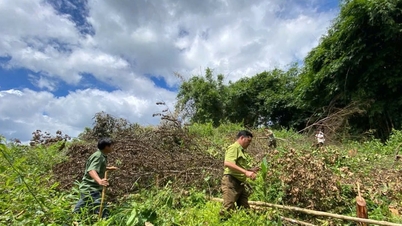


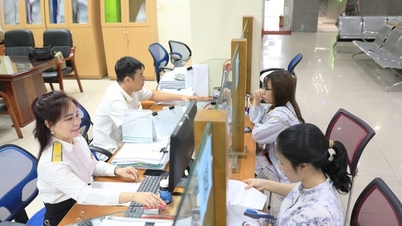

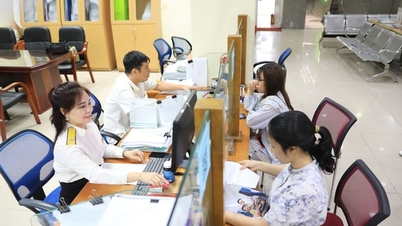

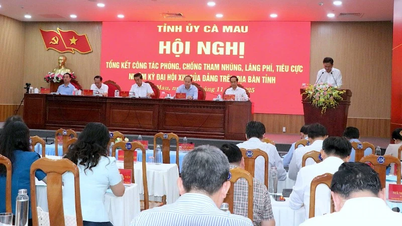

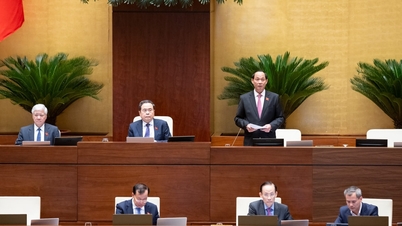

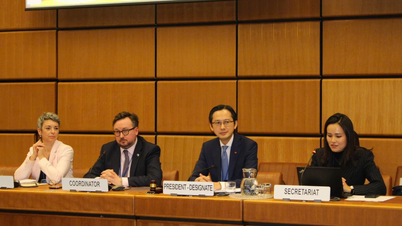
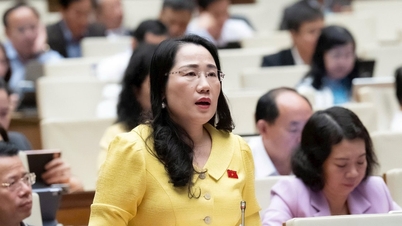
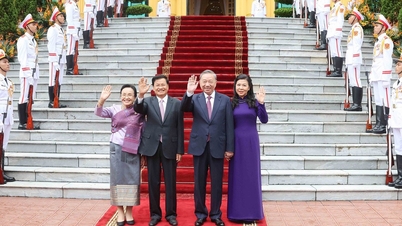







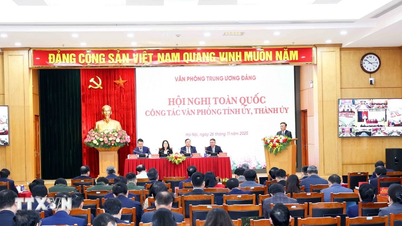
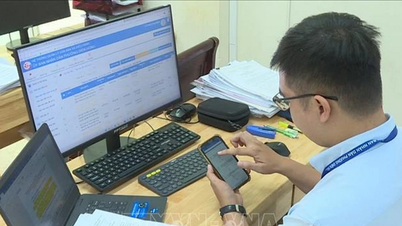





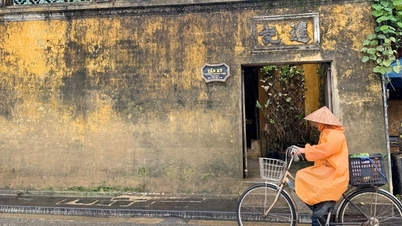



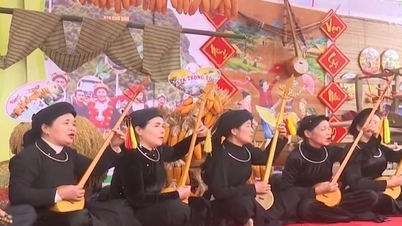



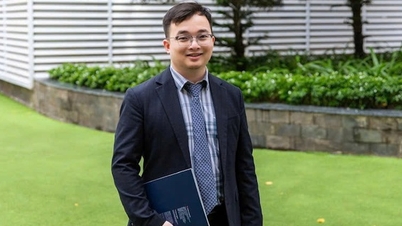

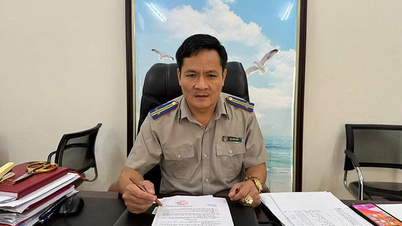



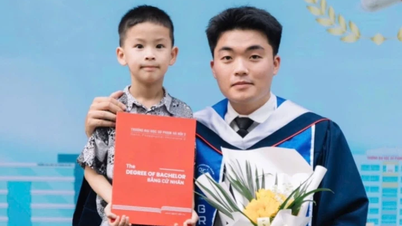

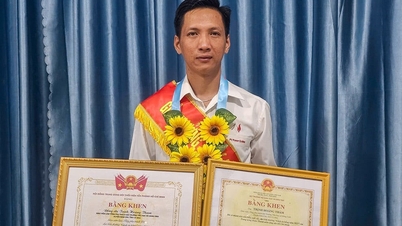







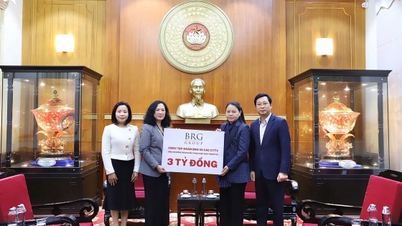










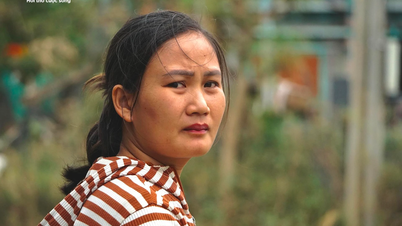







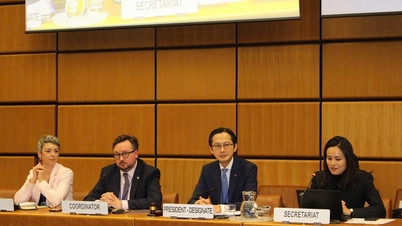

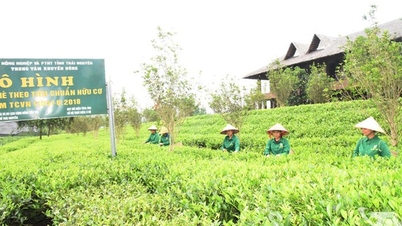







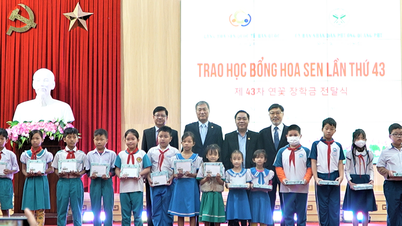

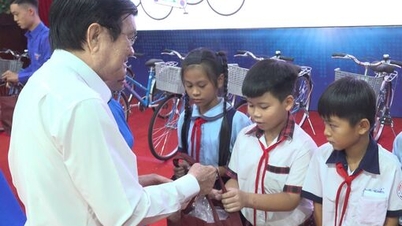




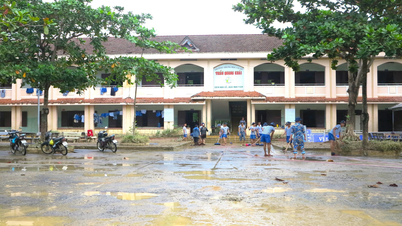













Comment (0)